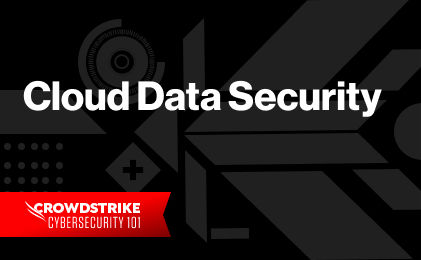Data Portability
Data portability is the ability of users to easily transfer their personal data from one service provider to another. This concept facilitates user autonomy and control over their personal information. However, it also underscores the significant need for strong security measures and protocols to ensure the integrity and confidentiality of data throughout its transit. This brings us to the crucial intersection of data portability and cybersecurity.
In this article, we’ll unpack data portability, examining it in light of legal and compliance frameworks like the GDPR and CCPA. We’ll look at the implications of data portability for individuals, businesses, and the digital economy at large. Then, we’ll look at challenges and best practices related to data security and protection.
Let’s start with a basic breakdown of the major concepts.
Understanding data portability
Data portability is a user-centric concept that emphasizes control over personal data. It allows users to effortlessly transition their data — such as emails, contacts, and social media posts — from one service to another.
As our lives have become increasingly digital, the idea of data portability has grown in importance. Initially, moving data between services was a technical challenge that required specialized tools and expertise. However, the demand for seamless data transfer has grown, leading to the development of legal frameworks and standards that make data portability a right rather than a privilege.
Legal and compliance considerations have played a crucial role in shaping data portability. Laws like the GDPR in the European Union and the CCPA in the United States have established data portability as a legal requirement. As a result, companies are compelled to allow users to download or transfer their personal data in a secure and usable format. This has led to the development of interoperability standards.
Interoperability standards are the technical foundation that makes data portability possible. These standards ensure that different platforms can understand and use the data being transferred, allowing for a smoother transition from one service to another.



